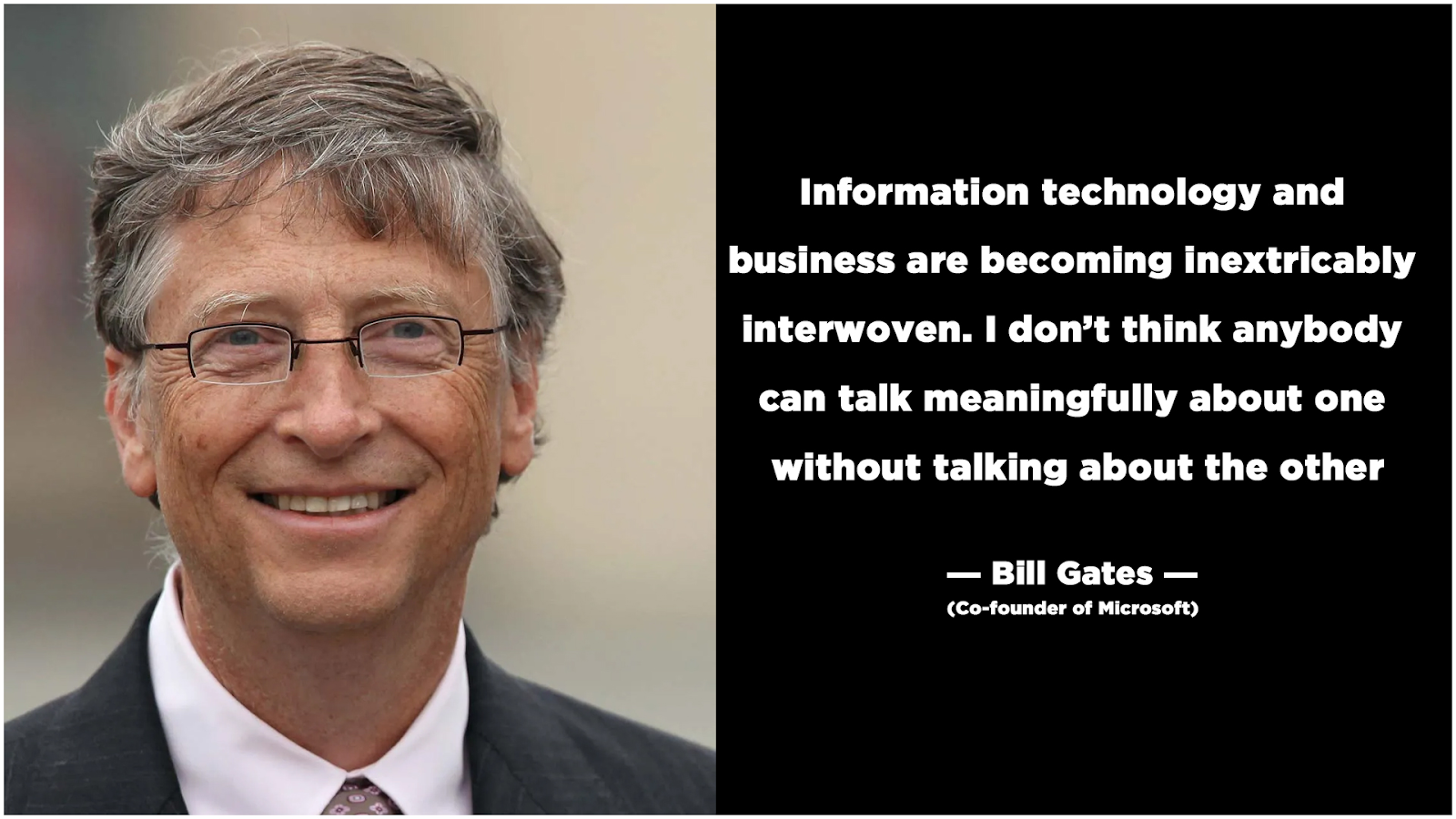Table of Contents
Introduction
ERP systems provide a central platform for departments such as finance, HR, supply chain, manufacturing, and sales to share information and collaborate more effectively.
As we move into 2025, ERP systems have become smarter, more agile, and deeply integrated with emerging technologies, such as artificial intelligence, machine learning, and predictive analytics.
In this article, we’ve curated the Top 10 ERP systems for 2025, each selected based on innovation, scalability, industry relevance, and user satisfaction.
#10 Odoo
Odoo is an open-source ERP system that has gained a loyal following, particularly among small businesses and startups. Its modular design allows companies to start with the features they need and add more as their business grows, making it a highly flexible and cost-effective solution.

- Modular and Flexible Architecture: Odoo’s modular design lets businesses start small and scale by adding apps as needed. This flexibility is ideal for startups and SMEs that grow over time.
- Cost-Effective and Open Source: As an open-source platform, Odoo is significantly more affordable than legacy ERPs. The free community version offers essential features for small teams.
- Vast and Active Developer Community: Odoo boasts a global community of developers contributing thousands of modules. This rich ecosystem enables fast innovation and wide-ranging customizations.
- Integrated Yet Customizable: Apps within Odoo work seamlessly together for a unified business experience. At the same time, it allows deep customization to suit industry-specific needs.
- Cloud or On-Premise Deployment: Odoo supports both cloud-based and on-premise deployment options. This is ideal for businesses that need control or prefer hassle-free cloud hosting.
#9 Acumatica
Acumatica is a cloud-native ERP solution that has gained popularity in the small and mid-market space. Known for its flexibility, ease of use, and affordable pricing, Acumatica is a great option for businesses looking for a modern ERP system that can grow with them.
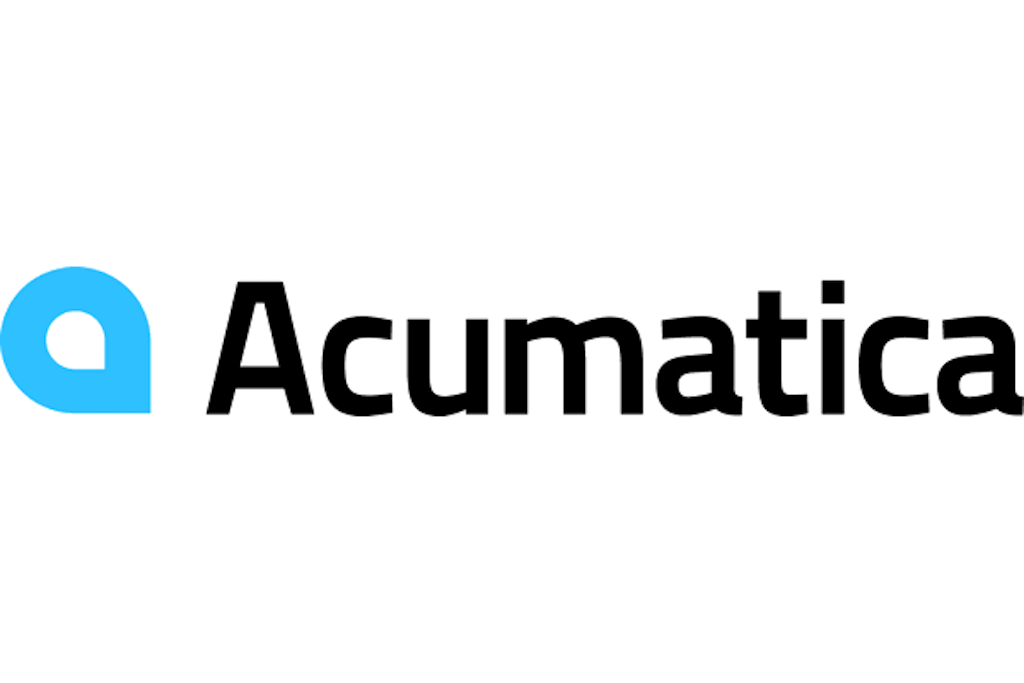
- Cloud-Native Flexibility: Acumatica is a true cloud-native ERP, built from the ground up for web and mobile access. Its open API architecture ensures easy integration with third-party applications.
- Ease of Use and Modern Interface: Acumatica offers a clean, intuitive interface that’s easy for employees to navigate. The modern design reduces training time and boosts user adoption across departments.
- Affordability and Value: Acumatica uses a resource-based pricing model — you pay for usage, not user count. This makes it especially cost-effective for growing teams with many users.
- Industry-Specific Solutions: Acumatica provides tailored solutions for industries like manufacturing, retail, construction, and distribution. These industry editions come with pre-built workflows and tools that match sector needs.
- Real-Time Analytics and Dashboards: Acumatica delivers built-in reporting tools and real-time dashboards for smart decision-making. Data from across departments is centralized, providing a clear operational view.
#8 IFS
IFS is a specialized ERP solution designed for asset-intensive industries like aerospace, defense, construction, and energy. With deep functionality for project management, asset management, and field service, IFS is a top choice for organizations in these sectors.

- Strong Industry Focus: IFS is purpose-built for asset-intensive and project-centric industries like aerospace, energy, construction, and defense. It offers deep capabilities in asset management, project planning, and field service operations.
- Flexible Deployment Options: IFS supports cloud, on-premise, and hybrid deployments to suit varied IT strategies. This flexibility allows businesses to align ERP hosting with regulatory, security, or operational preferences.
- User-Friendly Interface: IFS has invested heavily in creating a clean, modern, and responsive interface.
- Comprehensive Field Service Management: IFS is known for its strong field service capabilities, including scheduling, mobile access, and predictive maintenance.
- Project Lifecycle Management: IFS offers robust tools for managing the entire lifecycle of complex projects — from planning to execution and closure. This includes budgeting, resource allocation, cost tracking, and milestone management.
#7 Workday and Salesforce (Joint Offering)
In a unique partnership, Workday and Salesforce have joined forces to offer a combined solution that leverages Workday’s human capital management (HCM) and financial capabilities alongside Salesforce’s CRM and platform services.
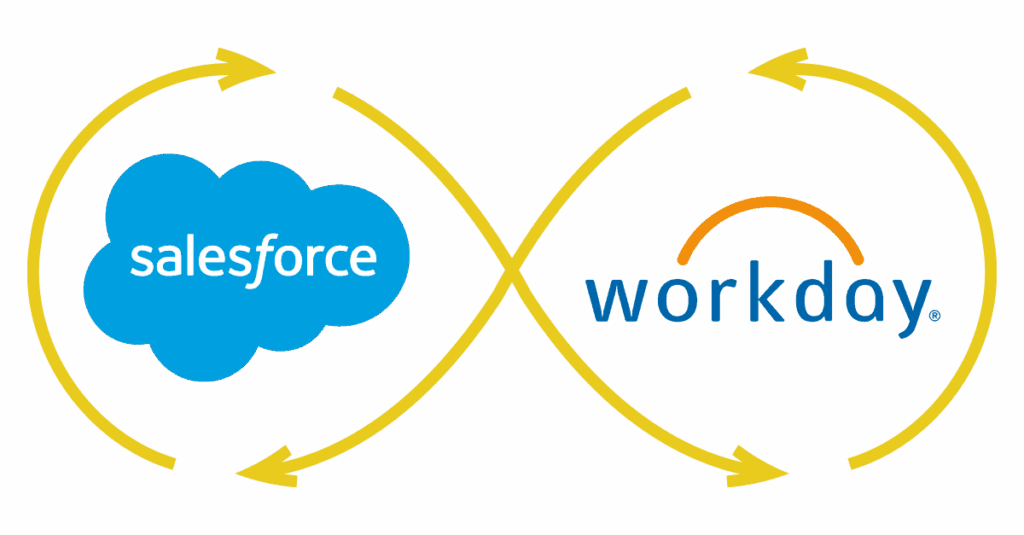
- Best-in-Class HCM and CRM: Workday excels in human capital management (HCM) and financial planning, while Salesforce leads in customer relationship management (CRM).
- Cloud-Native Systems: Both Workday and Salesforce are built natively for the cloud, enabling access anytime, anywhere. Their SaaS architecture provides seamless updates, enhanced security, and rapid scalability.
- Strong Ecosystems and Integrations: Each platform boasts a large ecosystem of third-party apps, certified partners, and developers. This gives businesses the freedom to extend core functionalities and tailor workflows.
- User Experience and Accessibility: Both platforms emphasize a user-friendly interface with strong mobile capabilities. Dashboards, automation, and AI-powered insights are built to boost productivity.
- Global Reach and Compliance: Workday and Salesforce support global operations with multi-language, multi-currency, and compliance-ready features. They help businesses meet regulatory standards like GDPR and SOC 2.
#6 Epicor Kinetic
Epicor Kinetic has gained significant traction in the manufacturing and distribution industries, particularly in the mid-market. Its focus on industry-specific functionality and modern, user-friendly design makes it an attractive option for businesses looking for a tailored solution.
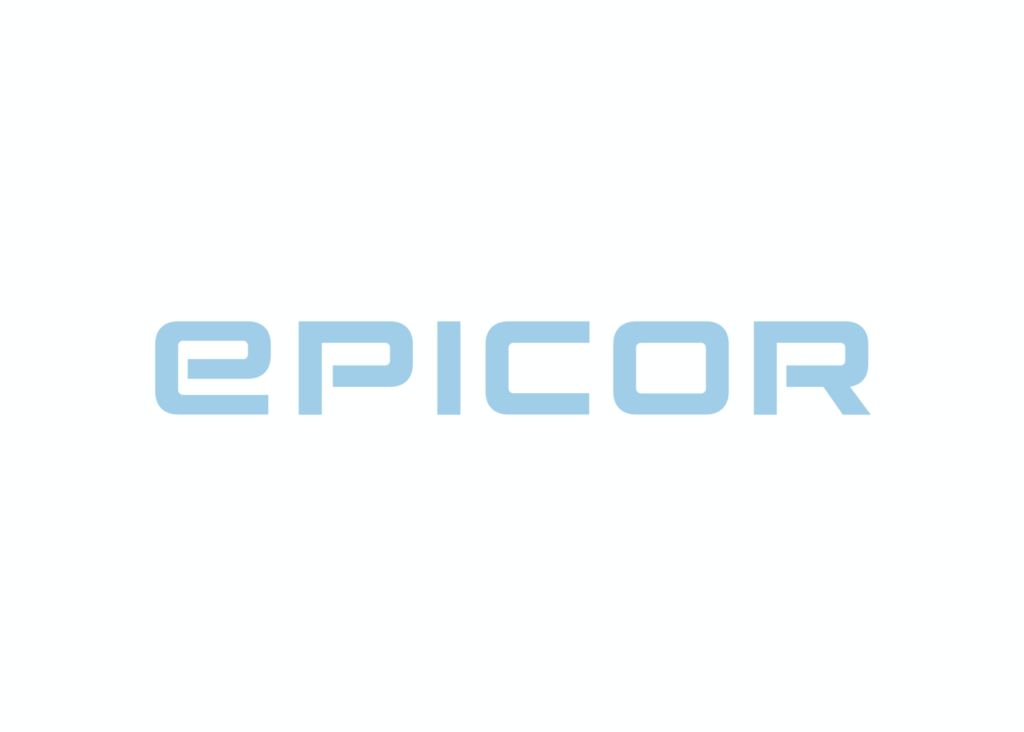
- Tailored for Manufacturing and Distribution: Epicor Kinetic is purpose-built for manufacturers and distributors, with deep industry functionality. It supports complex production planning, real-time inventory tracking, and robust supply chain management.
- Modern User Interface: Epicor has redesigned its UI to be clean, intuitive, and role-based for a better user experience. The modern look helps reduce training time and boosts productivity across departments.
- Flexible Deployment Options: Epicor Kinetic supports cloud, on-premise, and hybrid deployments, depending on business needs. This allows companies to choose the model that aligns with their IT strategy and compliance.
- Advanced Analytics and Reporting: Kinetic comes with integrated BI tools for real-time reporting and actionable insights. Users can easily create dashboards and monitor KPIs to drive informed decisions.
- Extensive Customization and Integration: Epicor offers tools and APIs to customize workflows and integrate with third-party systems. It supports industry-specific extensions to meet unique operational requirements.
- Boost your online presence today using AI. Request a Quote
#5 Oracle NetSuite
Oracle NetSuite is one of the leading cloud-native ERP solutions, particularly well-suited for small and mid-market businesses. Known for its ease of deployment and user-friendly interface, NetSuite is a top choice for growing companies that want a scalable solution without the complexity of larger ERP systems.
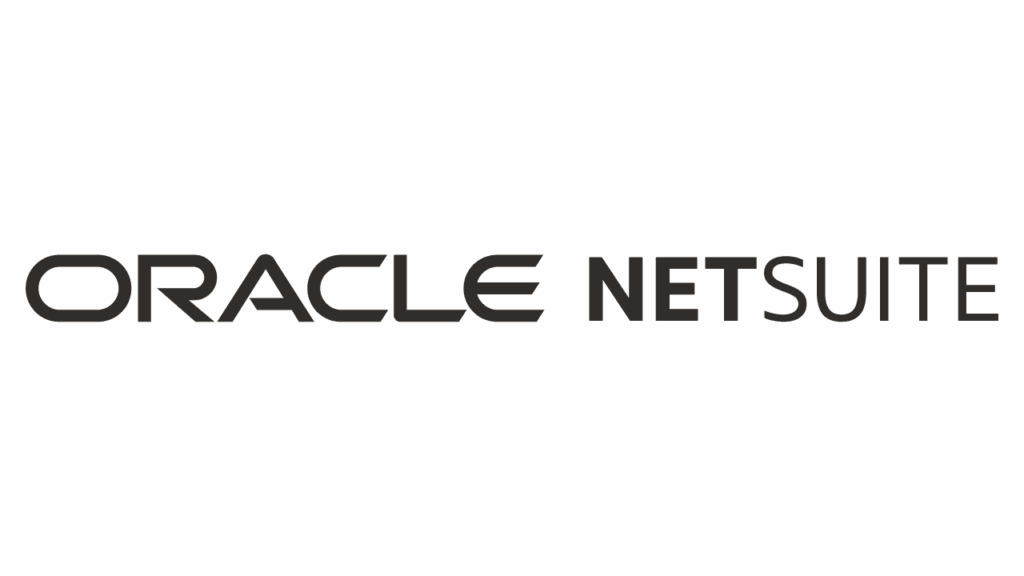
- Cloud-Native Solution: NetSuite was one of the first ERP platforms designed entirely for the cloud, offering anytime, anywhere access with no on-premise maintenance.
- Ease of Implementation: NetSuite’s SuiteSuccess methodology provides pre-configured industry-specific templates and best practices to speed up deployments.
- Focus on Small to Mid-Sized Businesses: NetSuite delivers a full suite of ERP features, including accounting, CRM, eCommerce, inventory, and supply chain in one integrated system.
- Scalability and Global Capabilities: As businesses expand, NetSuite grows with them, offering multi-subsidiary management, global tax compliance, and multi-currency support.
- Robust Reporting and Real-Time Insights: NetSuite offers powerful reporting tools and real-time dashboards that provide full visibility into financials, operations, and performance metrics.
#4 Infor CloudSuite
Infor CloudSuite is another strong contender in the ERP space, particularly for industries like manufacturing, distribution, and healthcare. Known for its vertical-specific capabilities, Infor provides a more focused solution compared to larger, more generalized ERP systems.
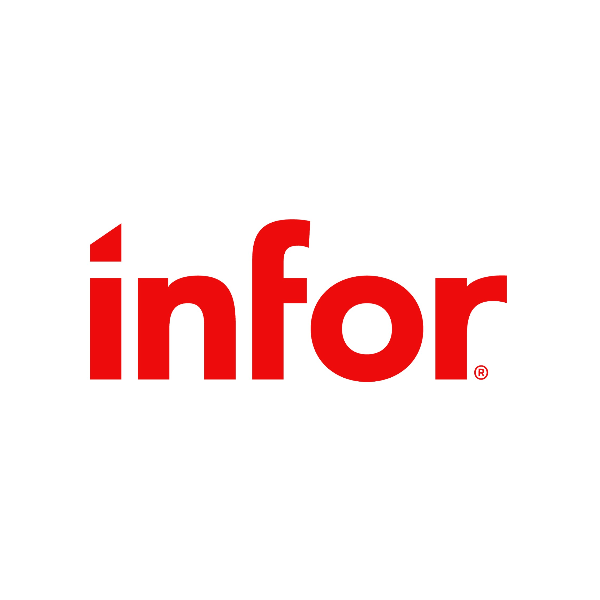
- Industry-Specific Focus: Infor is known for its vertical-specific ERP solutions tailored to industries like manufacturing, healthcare, retail, and distribution. Each version includes industry-relevant features, workflows, and compliance tools out of the box.
- Flexible Deployment Options: Infor CloudSuite offers businesses the flexibility to deploy in the cloud, on-premise, or a hybrid setup, depending on their infrastructure and regulatory needs.
- Modern, Intuitive User Interface: Infor’s UI, powered by its design framework Infor SoHo, emphasizes clarity, responsiveness, and ease of navigation. Employees benefit from a consumer-grade experience that accelerates training and daily use.
- AI and Data-Driven Capabilities: Infor integrates its AI platform, Coleman, to bring intelligence into daily business processes, such as forecasting, anomaly detection, and automation.
- Strong Integration and Extensibility: Infor offers robust integration tools and APIs, making it easier to connect with third-party software, legacy systems, and IoT devices. Infor ION middleware supports seamless data flow between applications.
#3 SAP S/4HANA
SAP S/4HANA continues to hold its position as one of the most dominant ERP solutions in the market, particularly for large, multinational corporations. Its robust functionality, combined with SAP’s extensive ecosystem, makes it a go-to choice for organizations looking to manage complex, global operations.
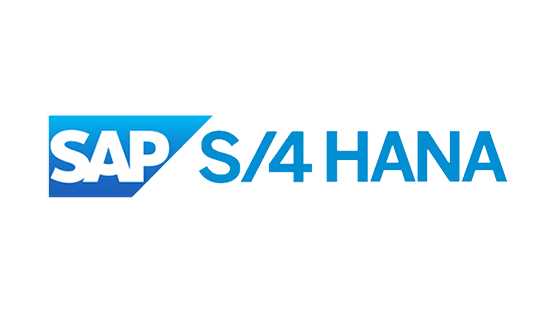
- Comprehensive Functionality: SAP S/4HANA delivers end-to-end functionality across core business areas, including finance, manufacturing, supply chain, sales, procurement, and asset management.
- Real-Time Analytics: Built on the SAP HANA in-memory database, S/4HANA processes vast amounts of data in real time to support fast and informed decision-making.
- Strong Ecosystem: SAP boasts one of the largest ERP ecosystems, with a vast network of partners, consultants, and system integrators around the globe. This ensures expert support for implementations, customizations, and long-term scaling.
- Scalability and Global Readiness: SAP S/4HANA is designed to scale with the world’s largest enterprises, handling high transaction volumes and complex reporting needs.
- Intelligent Enterprise Capabilities: SAP integrates AI, machine learning, robotic process automation, and predictive analytics directly into business workflows. These tools help automate repetitive tasks, detect anomalies, and improve forecasting accuracy.
#2 Oracle Fusion Cloud ERP
Oracle Fusion Cloud ERP is a powerhouse in the ERP world, particularly well-suited for large enterprises that require an extensive range of functionality across multiple departments and geographies.
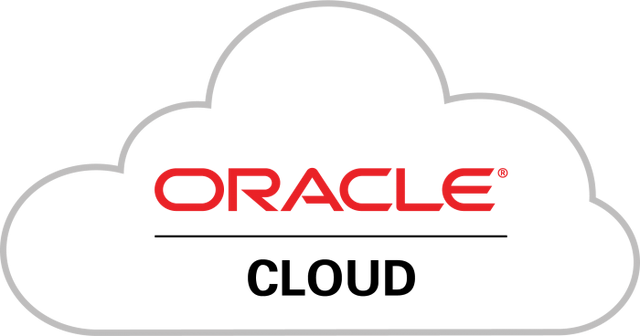
- Comprehensive Feature Set: Oracle Fusion Cloud ERP delivers a wide-ranging suite of modules, including financials, procurement, project management, HCM, and supply chain management.
- Open Architecture and Integration: Oracle Fusion’s open and standards-based architecture allows easy integration with third-party apps and legacy systems. Businesses can maintain their existing tech stacks while gradually transitioning to the cloud.
- Strong Cloud and AI Capabilities: As a cloud-native ERP, Oracle Fusion offers real-time updates, high availability, and seamless scalability across regions. It incorporates AI, machine learning, and predictive analytics to streamline operations and optimize outcomes.
- Global Compliance and Localization: Oracle Fusion supports global operations with multi-language, multi-currency, and country-specific tax and regulatory compliance.
- Continuous Innovation and Upgrades: Oracle delivers regular cloud updates and innovations through its quarterly release model. This ensures customers always have access to the latest features, security patches, and performance enhancements.
#1 Microsoft Dynamics 365 Finance & Operations
Microsoft Dynamics 365 Finance & Operations (D365 F&O) takes the top spot again for 2025. As one of the most comprehensive ERP systems on the market, it strikes a balance between scalability, flexibility, and ease of use, making it suitable for businesses of all sizes—from small and mid-sized enterprises to large multinational corporations
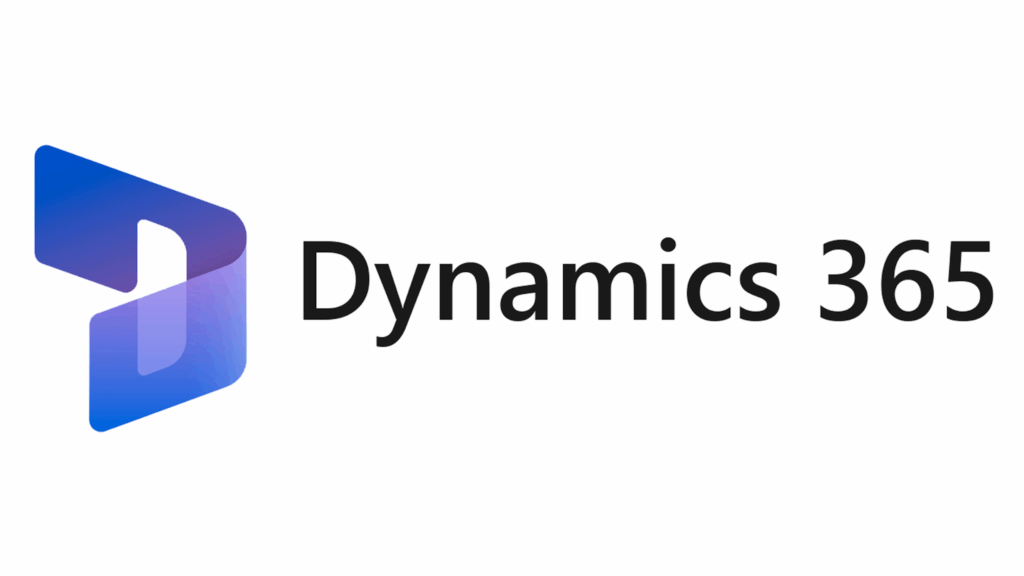
- Tight Integration with Microsoft Tools: Dynamics 365 F&O works seamlessly with Microsoft’s ecosystem, including Power BI for analytics, SharePoint for document management, and Office 365 for productivity.
- Scalability and Flexibility: D365 F&O is designed to grow with your business, whether you’re a mid-sized company or a global enterprise. Its modular setup allows you to activate only the apps and features you need, when you need them.
- AI and Machine Learning Capabilities: Microsoft embeds advanced AI and machine learning features directly into D365 F&O, enabling predictive insights and automated decision-making.
- Global Reach and Compliance: D365 F&O supports global business operations with features for multi-language, multi-currency, and tax compliance across regions. Localization packs and regulatory updates help ensure alignment with international standards.
- Unified Platform Experience: With Dynamics 365, finance, operations, sales, and customer service apps are all part of the same cloud-based suite. This unified platform creates a single source of truth, streamlining workflows and improving cross-functional collaboration.
Conclusion
Choosing the right ERP system is a strategic decision that hinges on your business’s unique needs, industry requirements, and future growth plans.
The top 10 ERP systems for 2025 cater to a wide spectrum of organizations, from agile, cloud-based platforms like Acumatica and NetSuite for SMBs, to robust enterprise-grade solutions like SAP S/4HANA and Oracle Fusion Cloud ERP.
At Third Stage Consulting, we specialize in guiding companies through ERP selection, planning, and implementation. Whether you’re upgrading from legacy systems or embarking on a full digital transformation, our team can provide tailored insights and support.
Deepak Wadhwani has over 20 years experience in software/wireless technologies. He has worked with Fortune 500 companies including Intuit, ESRI, Qualcomm, Sprint, Verizon, Vodafone, Nortel, Microsoft and Oracle in over 60 countries. Deepak has worked on Internet marketing projects in San Diego, Los Angeles, Orange Country, Denver, Nashville, Kansas City, New York, San Francisco and Huntsville. Deepak has been a founder of technology Startups for one of the first Cityguides, yellow pages online and web based enterprise solutions. He is an internet marketing and technology expert & co-founder for a San Diego Internet marketing company.

